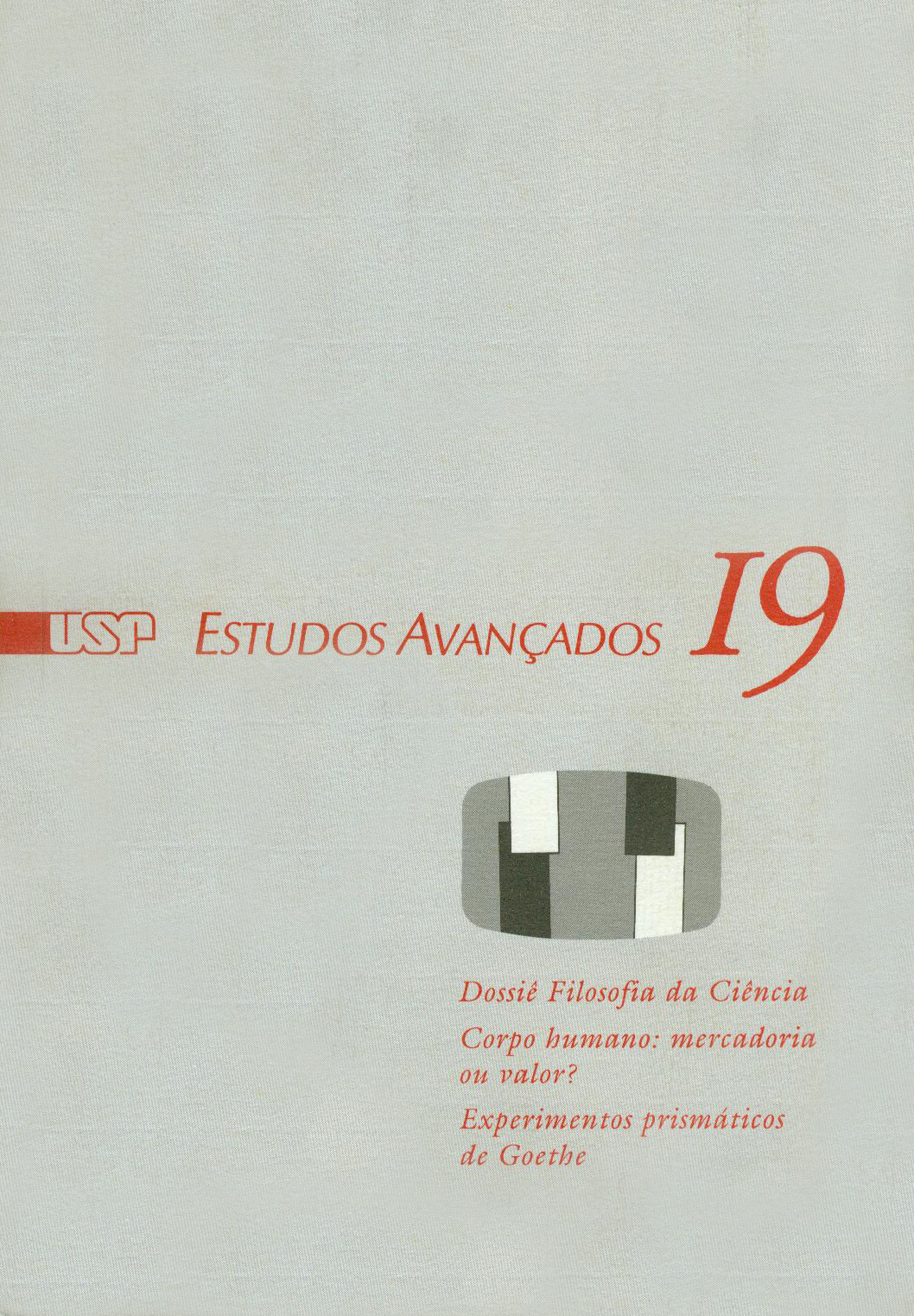Einstein, cientista e filósofo?
Abstract
Physics as philosophical practice points out the option of an approach which enables us to perceive fundamental features of physics. We maintain that the physicist and the philosopher play roles not so disjuncted and that the physicist's task is as much to enunciate the meaning of the concepts, establishing its logical and mathematic identification, as to link them to experience. With this point of view we analyze Einstein's activity with emphasis on the rise of Special Relativity Theory and the meaning of the concepts of Special and General Relativity. This analysis carries us to the thesis expressed in the title Einstein, philosopher. To this way we have needed to criticize that philosophical movement - Vienna's Circle - which was apparently the nearest one to Einstein's activity. However the Vienna's Circle only took him as physicist but not as philosopher. We analyze, and criticize, in particular Reichenbach's thesis on the separation between the context of justification and the context of discovery, this last one being left to the psychological camp. Through this criticism, we are looking, in discovery procedures, not a rigid logical structure but the larger notion of rationality.Downloads
Download data is not yet available.
Downloads
Published
1993-12-01
Issue
Section
Dossiê Filosofia da Ciência
License
Estudos Avançados não celebra contrato de cessão de direitos autorais com seus colaboradores, razão pela qual não detém os direitos autorais dos artigos publicados. Os interessados em reproduzir artigos publicados na revista devem necessariamente obter o consentimento do autor e atribuir devidamente os créditos ao periódico.
How to Cite
Paty, M. (1993). Einstein, cientista e filósofo? . Estudos Avançados, 7(19), 91-132. https://journals.usp.br/eav/article/view/9631


